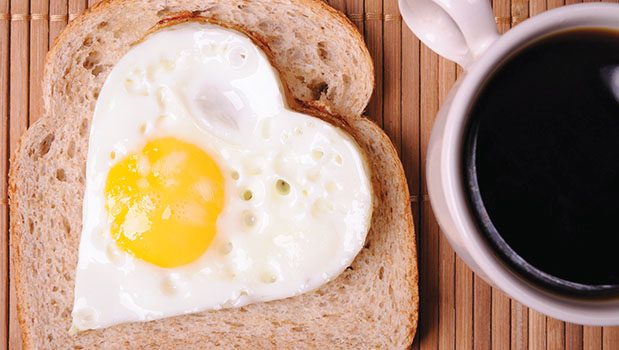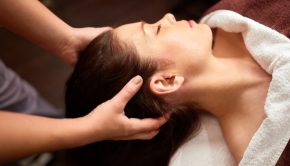Hormone Health and Cholesterol
There has been a low-fat, no-fat diet trend in America for more than 30 years, yet we’re facing an epidemic of diabetes, obesity and rising cholesterol levels. Many have been led to believe that a low-fat diet will help in weight loss and improve health. Unfortunately, this isn’t exactly the truth—the opposite may be true—especially for women.
The body equates fat with safety and security. It is evolutionary. When the body is deprived of fat, the brain becomes preoccupied with how to obtain it, and this is why low-fat diets fail. At some point, the body’s inherent wisdom kicks in and it becomes easy to “cheat” or binge.
The body is so intelligent that when not enough cholesterol is consumed, the liver will automatically start to produce it. In its natural, unstressed state, the liver makes 75 percent of the cholesterol needed. The rest has to be consumed through food. Not only is cholesterol not bad, it is one of the most vitally important substances in the body. Every cell is made from it, and all of our steroid hormones are synthesized from cholesterol, including the sex and adrenal hormones.
Cholesterol is often a feared term, but unnecessarily so. We rarely hear about why it is so crucial to our wellness and how it can be instrumental to hormonal balance. Many of the most important hormones are actually made from cholesterol. It is the mother of all fat molecules in the body; a cornerstone of normal cell function and mood regulation. It is needed to maintain neurotransmitter and brain function, build brain and nerve tissue, and nourish the immune system. It provides the crucial insulation around nerves that transmit electrical impulses and helps to digest fat-soluble vitamins like A, D, E and K.
By depriving the body of cholesterol and eating carbs and sugar instead, metabolism goes into famine mode, causing the liver to overproduce cholesterol to make up the difference. This exceptional biological mechanism is intended to keep us safe and healthy. Hormones influence many bodily functions, including metabolism, blood sugar balance, blood pressure, energy levels, kidney function, sleep patterns, aging and appetite. Signs of imbalance in both sexes typically include symptoms of fatigue, headaches, digestive complaints, poor sleeping, easy weight gain, increased signs of aging, depression, anxiety and decreased sexual desire.
While age is often blamed for imbalance, it’s important to remember that balance directly correlates with diet. Insufficient consumption of dark, leafy greens and brightly colored vegetables, lack of protein and persistent dehydration can all be contributing factors. The biggest is stress and how we perceive it and react to it.
For the past several years, there has been great confusion around which diet is the right one, and many have been asking which health foods are really healthy. As far as food is concerned, stick to the basics and keep it simple. First and foremost, consider a whole foods diet. The overcrowding theory states that as we add more healthful foods, refined and processed foods fall by the wayside on their own without deprivation, denial or willpower.
Balancing hormones does not have to be an elusive scientific procedure filled with bioidentical hormones. We always start with the neurotransmitters in the brain and the stress hormones, and allow the sex hormones to create their own balance, which is the most natural, effective and lasting approach.
For appointments, call 201-261-5430. To learn more, visit PlanetNJ.com to listen to Dr. Pucci’s podcast interview, or visit GetWell-Now.com.





























